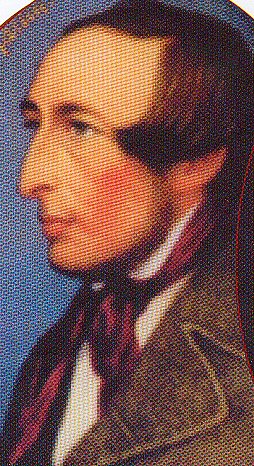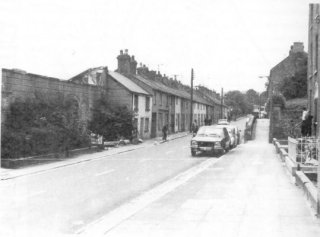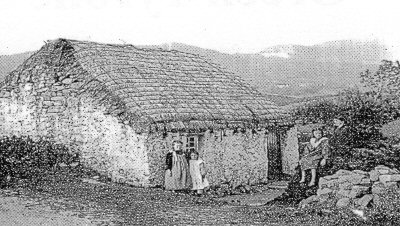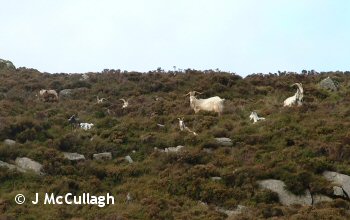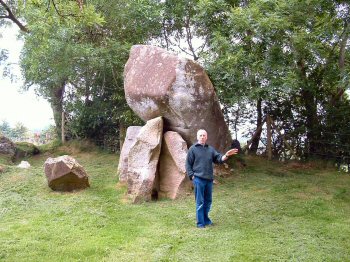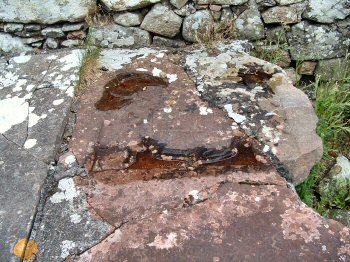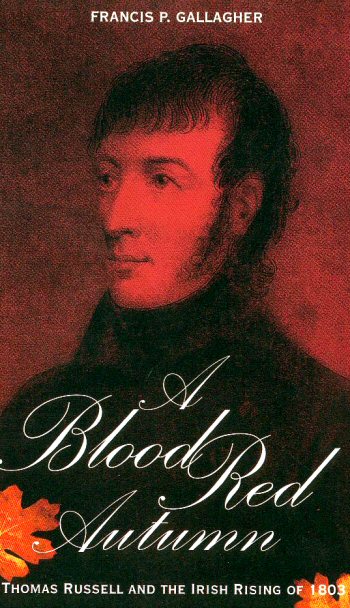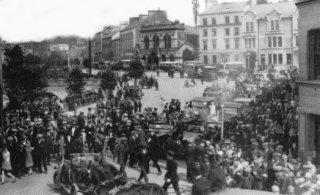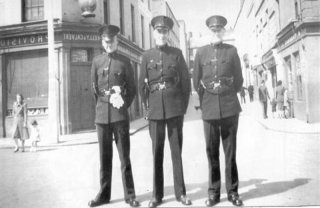Although born into the privileged life of a landed Presbyterian family, John Martin laid it aside to serve his suffering fellowman through the dark days of the Famine. He also endured exile to a foreign land because he sought to reform the Government which he saw as destructive to his native land during the poverty stricken years of the 1840’s.
History
Charles Russell
Charles Russell 1832-1900
A handsome bust in the foyer of our Town Hall commemorates one of Newry’s most famous sons, Charles Russell, the only ever Irish Catholic to become Lord Chief Justice of
from Jail Journal (and O’Hagan)
John O’Hagan, Young Irelander, was of course, like John Mitchel and John Martin, from Newry and like them he was incensed with
Fews Mines and Forests
Newtownhamilton, says an old copy of the Armagh County Guide, is named after its founder who in 1770 established a settlement here in the
Goward Dolmen
Who better to show one the architectural and archaeological treasures of the Hilltown area than local Green Party councillor Ciaran Mussen? I had the quick tour but am promised the whole thing in the near future. Ciaran hopes to set up a local walking group and I’m optimistic he will accept a Nyuck interloper too!
Magennis Grave, Clonduff
The gravestone pictured below has the Magennis coat-of-arms and other inscriptions carved (though now badly-weathered) upon it. The seventeenth century repression following the 1641 insurrection saw the suppression of the branch of the locally ruling Magennis sept and the confiscation of lands. Some Magennisses made their peace with the English in order to retain some possessions and a position of influence.
It was never anything but a short-term policy on the part of the occupiers and by the end of the century less than 10% of all Irish land was in Irish hands.
Man from God-knows-where
Thomas Russell – the man from God-knows-where – was a United Irishman leader, a friend of Tone and Emmett, who organised Co Down (the location of Florence Wilson’s poem), was arrested and gaoled before the ’98 Rebellion but, after his release in 1802 he organised the North in Robert Emmett’s ill-fated 1803 uprising.
The first part of the poem is set in Winter 1795, the latter in Autumn 1803.
De Valera in Newry
Eamonn de Valera led the Anti-Treaty forces and as such, was a prohibited person in the new statlet of
Newry in the 1920’s
There was a great variety of feelings palpable in the attitudes and the demeanour of Newry people in the immediate aftermath of the 1921 Government of Ireland Act : anger dominated – at forcible inclusion in the Six County State, but the people, though largely nationalist, were divided denominationally and politically, and each side was resentful of things from the recent past and suspicious of the other side’s every move. Yet apprehension for the future was the overriding feeling.
